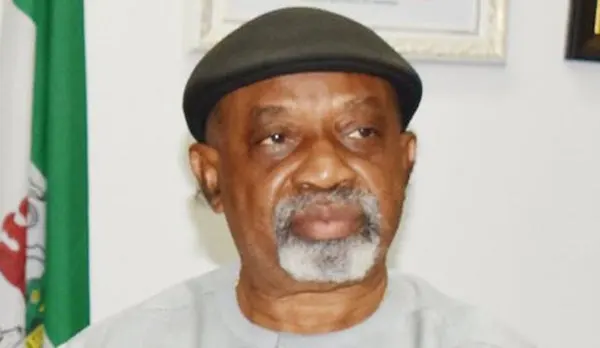
The Federal Government announced intentions to raise the minimum salary for employees from the existing N30,000 on Monday.
On April 18, 2019, President Muhammadu Buhari approved the N30,000 revised National Minimum Wage Act.
Chris Ngige, the minister of labour and employment, revealed this to members of the Nigeria Labour Congress (NLC) at a presentation of the book “Contemporary History of Working Class Struggles” in front of the general public in Abuja.
Ngige claimed that the present rate of global inflation made a revision of the minimum wage imperative.
He said: “The inflation is worldwide, we shall adjust the minimum wage in conformity with what is happening and much more important, the 2019 Minimum Wage Act has a new clause for a review.”
The minister stated that the review was already in motion with the Academic Staff Union of Universities (ASUU) in its negotiation with the Ministry of Education.
“That adjustment has started with the Academic Staff Union of Universities (ASUU), because the stage they are at with their primary employers, the Ministry of Education, is a Collective Bargaining Agreement (CBA) negotiations.
“Under the principles of offer and acceptance, which is that of Collective Bargaining, ASUU can say let’s look at the offer they gave us and make a counter offer. But they have not done that, if they do that, we are bound to look at their offer, these are the ingredients of collective negotiations.”

